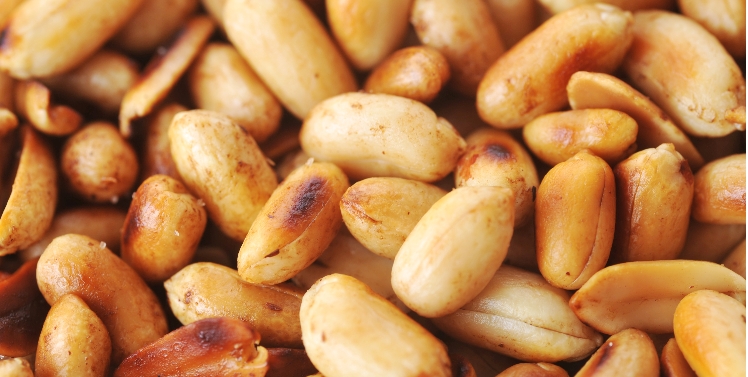|
|
|
Niacin (Vitamin B3)
14.12.05 17:17
|
|---|
|
Niacin What is Niacin(Vitamin B3)?
Niacin is transferred coenzyme and involved in oxidation-reduction, and participate in carbohydrate metabolism, fatty acid metabolism, cell respiration and steroid synthesis, as an important nutrient during the production of ATP, the source of energy.
Niacin is absorbed in stomach and small intestine. Excessive intake of it is discharged through urine.
ㅣParched peanuts, source of supply of niacin
Effect of niacin
1. Detoxification 2. Yellow
spot degeneration and Alzheimer’s disease prevention 3. As coenzyme, niacin involves in energy metabolism of protein and carbohydrate, to create ATP, the source of energy. Related Articles 1. Effect of niacin on endothelial function: a systematic review and meta-analysis of randomized controlled trials. (Sahebkar A. Vasc Med. 2014 Feb;19(1):54-66.) : The effect of niacin is improving endothelial function. 2. Nicotinamide riboside, a trace nutrient in foods, is a vitamin B3 with effects on energy metabolism and neuroprotection. (Chi Y1, Sauve AA. Curr Opin Clin Nutr Metab Care. 2013 Nov;16(6):657-61.) : Nicotinamide can be used as the supplementations for human beings due to the role of strengthening motor ability, suppressing of adverse affects of high-fat diet and protecting nerves.
|

